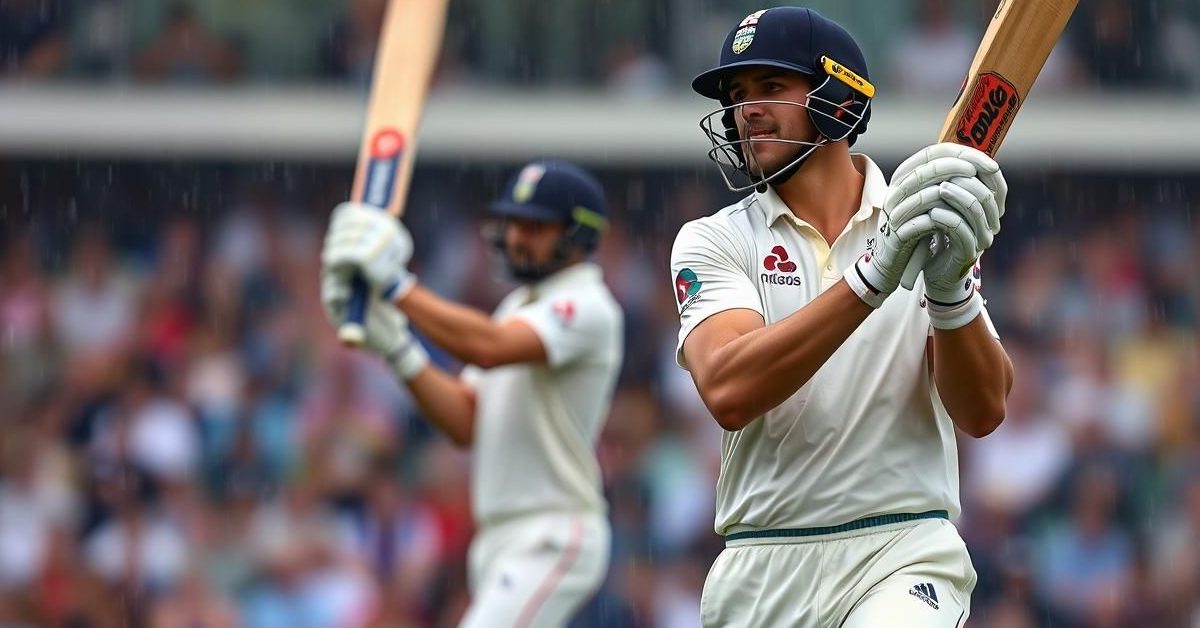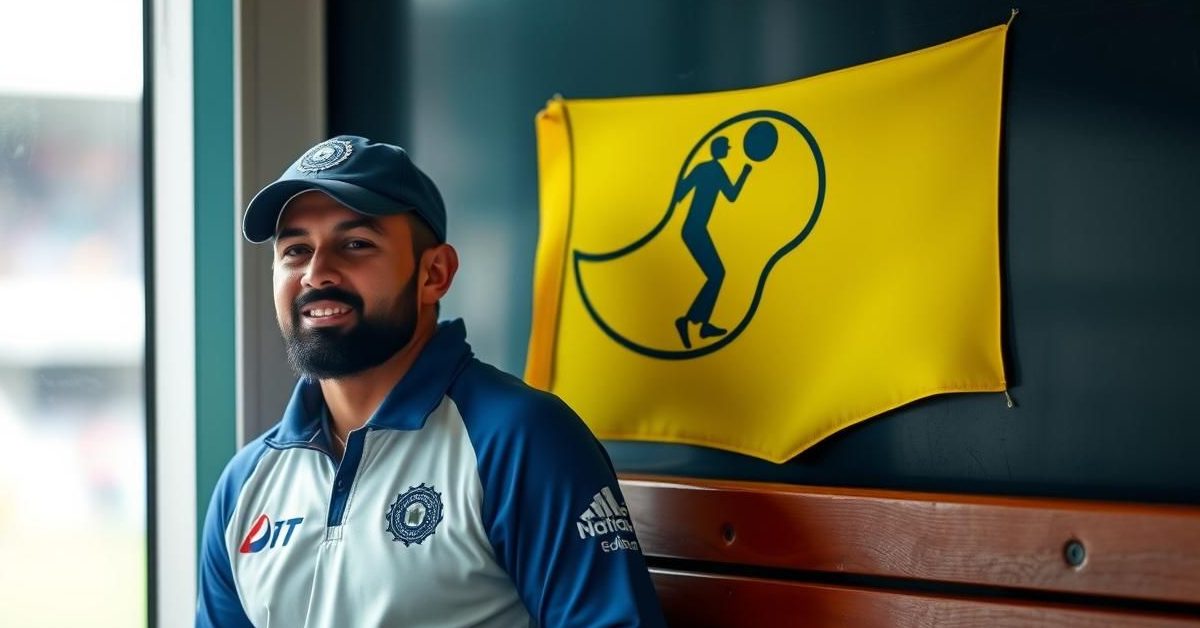Cricket legend Sunil Gavaskar has strongly asserted that a team’s playing XI selection should be solely the captain’s decision, free from any external influence, including the head coach, citing concerns around Shubman Gill’s recent choices for the Old Trafford Test.
The Old Trafford Test: A Selection Puzzle
The discussion arose after India’s Test match at Old Trafford, where captain Shubman Gill’s usage of seam-bowling all-rounder Shardul Thakur raised eyebrows. Gavaskar noted that Gill seemed hesitant about Thakur’s inclusion in the team.
During England’s first innings, Gill only bowled Thakur for five of the 46 overs on Day 2, during which Thakur conceded 35 runs at an expensive rate of seven runs per over. Over the next two days, Thakur was used even less, bowling only six additional overs.
Ultimately, Thakur bowled just 11 overs in total, giving away 55 runs without taking a wicket, despite England piling up a massive 669 runs, their highest Test total in Manchester. This minimal workload suggested Gill might not have been fully on board with the selection.
Captain’s Call, Not Coach’s
Gavaskar believes that Gill might have preferred left-arm wrist-spinner Kuldeep Yadav over Shardul Thakur, implying the final decision on the playing XI might not have been entirely his own. He stressed that the team belongs to the captain, and their choices should be final.
“At the end of the day, it is the captain’s team,” Gavaskar stated firmly. “He is the captain. It’s got to be his call really. The fact is that the captain is responsible. He is the one who is going to be leading. Simple as that.”
The former India opener emphasized that a team should never be seen as the coach’s. He maintained his “old school” view, arguing that a captain is given the role because they are seen as a leader and should therefore lead decisively.
Leading from the Front
Gavaskar highlighted the importance of a captain’s presence and aura, citing examples like Sourav Ganguly and MS Dhoni, who transformed Indian cricket through their leadership. He argued that while things might appear “hunky dory” publicly, the captain must bear the responsibility and make the ultimate decisions.
Recalling his own playing days, Gavaskar noted that teams operated without dedicated coaches, relying instead on former players as managers for advice. This historical context reinforces his view that the captain was, and should remain, the sole decision-maker regarding the playing combination.
His experience underlines a traditional perspective where the captain’s vision alone shaped the team on the field, a principle he believes should still hold true in modern cricket.
- Sunil Gavaskar advocates for the captain’s absolute authority in selecting the playing XI.
- He suggested Shubman Gill might have preferred Kuldeep Yadav over Shardul Thakur in the Old Trafford Test, given Thakur’s limited bowling.
- Gavaskar insists the team should be the captain’s, not the coach’s.
- He believes a true leader must make their own calls, drawing on examples of past impactful captains.
This debate underscores the perennial tension between traditional cricketing roles and the evolving dynamics of modern team management.













